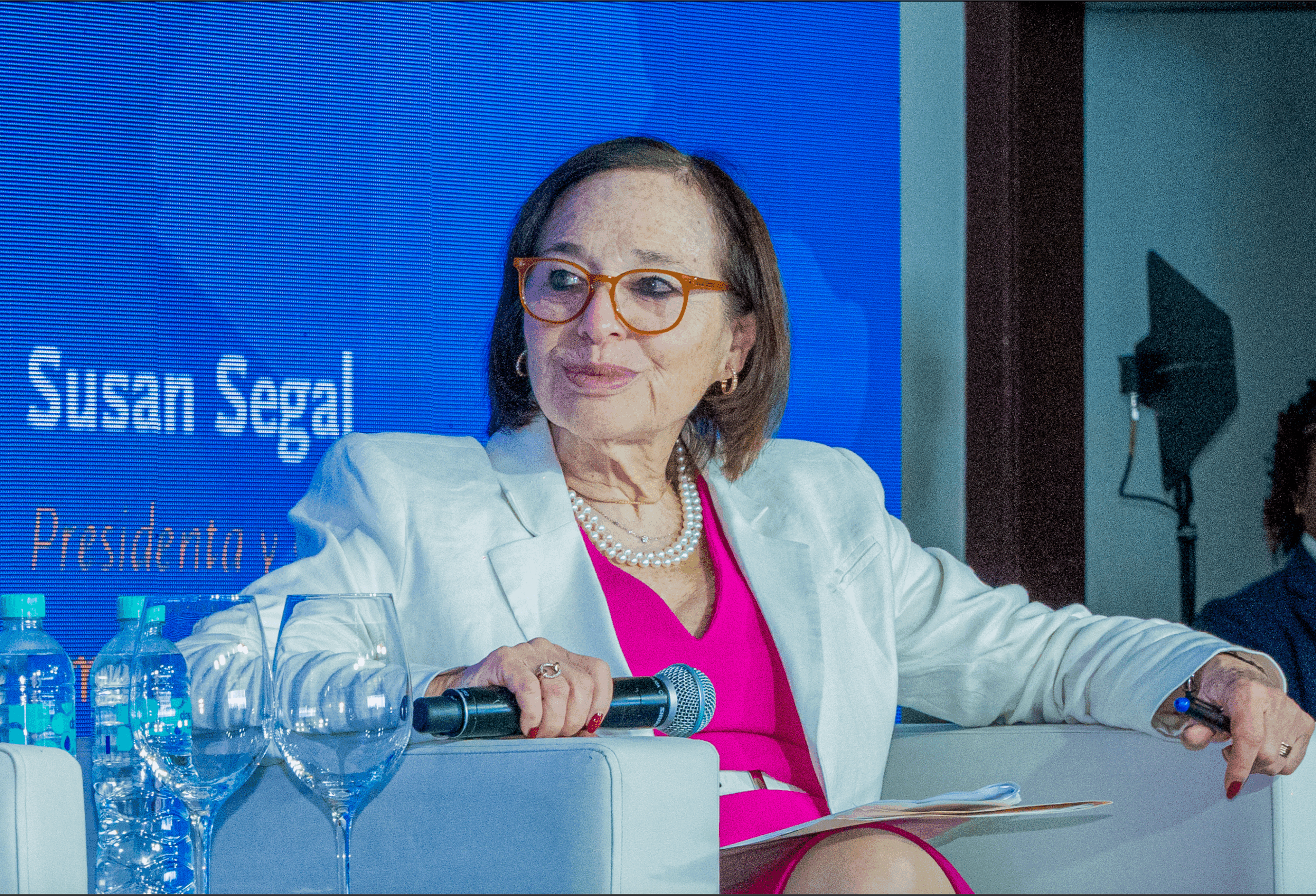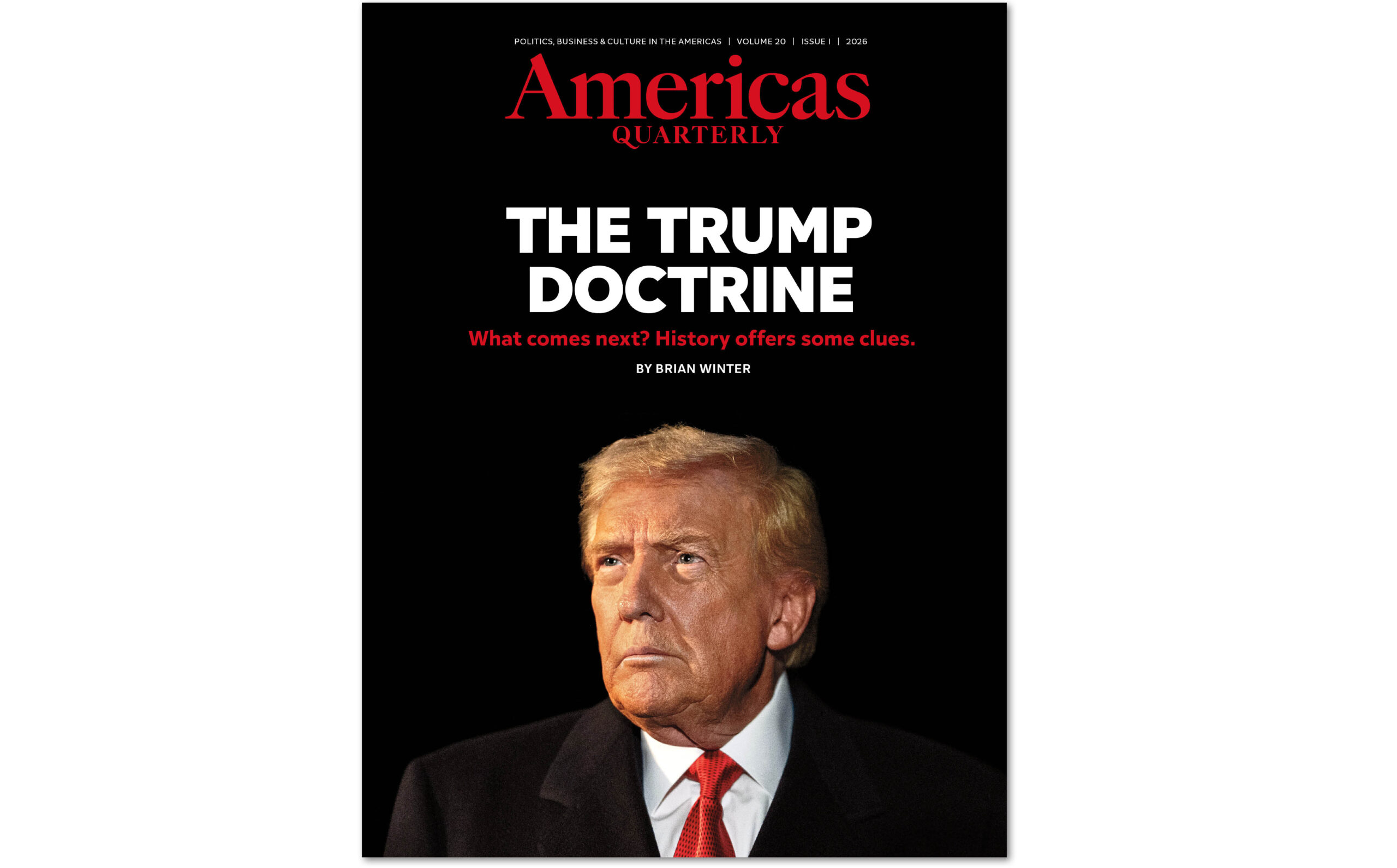Let's Turn the Group of Seven Rhetoric into Action
Let's Turn the Group of Seven Rhetoric into Action
Writing in the Financial Times, President and CEO of Citibank and AS/COA Chairman William R. Rhodes urges countries to reject protectionism and lend support to multilateral institutions in the face of "the most serious economic and financial crisis in [his] more than 50 years of banking."
The meeting of finance ministers of the Group of Seven leading industrialised nations ended with a communiquéthat made all the right statements. Economic stimulus packages are the tools. Creation and preservation of jobs and increasing capital flows are the appropriate priorities. As the G7 underscored, such actions must be pursued while avoiding trade protectionist measures, securing the successful conclusion of the Doha round of trade negotations and assuring emerging and developing countries’ access to credit and trade financing, while encouraging resumption of private capital flows.
These familiar G7 statements come, however, at a time when many economic initiatives at the country level are accompanied by calls to ensure that the measures serve only the citizens of the implementing nation. These protectionist pressures are likely to mount as unemployment rises.
The rhetoric of the G7 must be followed by concrete actions. We face the most serious economic and financial crisis in my more than 50 years of banking. As one strives to find comparisons, we are forced back to the 1930s to a period where depression conditions spawned “beggar thy neighbour” trade protectionist approaches that not only failed to secure economic recovery, but simultaneously created extraordinary tensions in international relations.
The lessons of the 1930s led to the General Agreement on Tariffs and Trade, which evolved into the World Trade Organisation, the International Monetary Fund, the World Bank and later the regional development banks. We need to use these institutions to the fullest, starting with three urgent actions that can contribute to recovery, build confidence and strengthen international co-operation.
First, we need the leading industrial nations to demonstrate their rejection of protectionist demands, and make a commitment at the highest government levels to a successful conclusion of the Doha round within the coming months. A firm deadline must be set if confidence is to be built.
Second, there are risks of financial isolationism. Policies that disregard the dependence of major industrial nations on financial flows from surplus countries will be counter-productive. Policies that ignore the importance of capital flows between the mature and emerging market economies will be similarly harmful.
Many emerging market economies, for example, rely on international credit markets to roll over their debt and in 2009 they may face funding problems and weakening currencies as investors withdraw cash. Finding capital for these countries is harder when mature economies impose domestic deposit guarantees with the requirement that the capital remains in the local market. Without the ability to transfer capital, trade flows are further depressed, limiting global growth and recovery. Forecasts by the Institute of International Finance show net private capital flows to emerging market countries are likely to be one fifth of 2007 levels ($145bn, down from over $920bn) and highlight the need for action.
Thus, the IMF needs to be strengthened and its short-term lending facilities, designed to channel funds quickly to emerging markets, need to be revised to address the real needs of these economies as they confront problems not of their making. Loan maturities under the Short-Term Liquidity Facility programme should be expanded to 12 months, renewable up to 24 months, with disbursements of up to 10 times quota.
Third, the World Bank and regional development banks, with export credit agencies, must offer expanded lines for trade financing. Falling global demand is not the sole constraint on world trade –lack of financing is hampering it as well. These development institutions should also reinstate co-financing with commercial banks and other financial institutions. As implemented during the less-developed-country debt crisis, co-financing uses a variety of mechanisms to provide emerging market economies with greater access to funding and on better terms than otherwise would have been available.
The G7 communiqué provides the basis for resolute actions. Any hesitation in taking them may give those that campaign for protectionism the upper hand in a year when it is likely that we shall see negative global growth for the first time in decades.
The writer is first vice-chairman of the Institute of International Finance, chairman, president and chief executive, of Citibank and senior vice-chairman of Citi. He serves as chairman of Americas Society/Council of the Americas.








